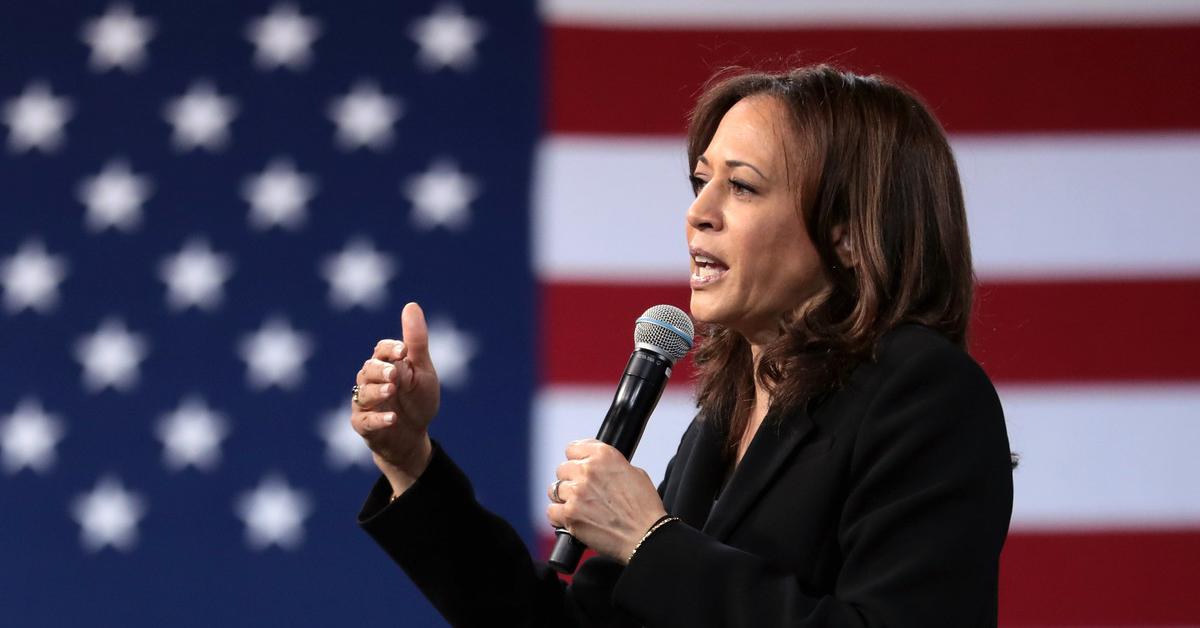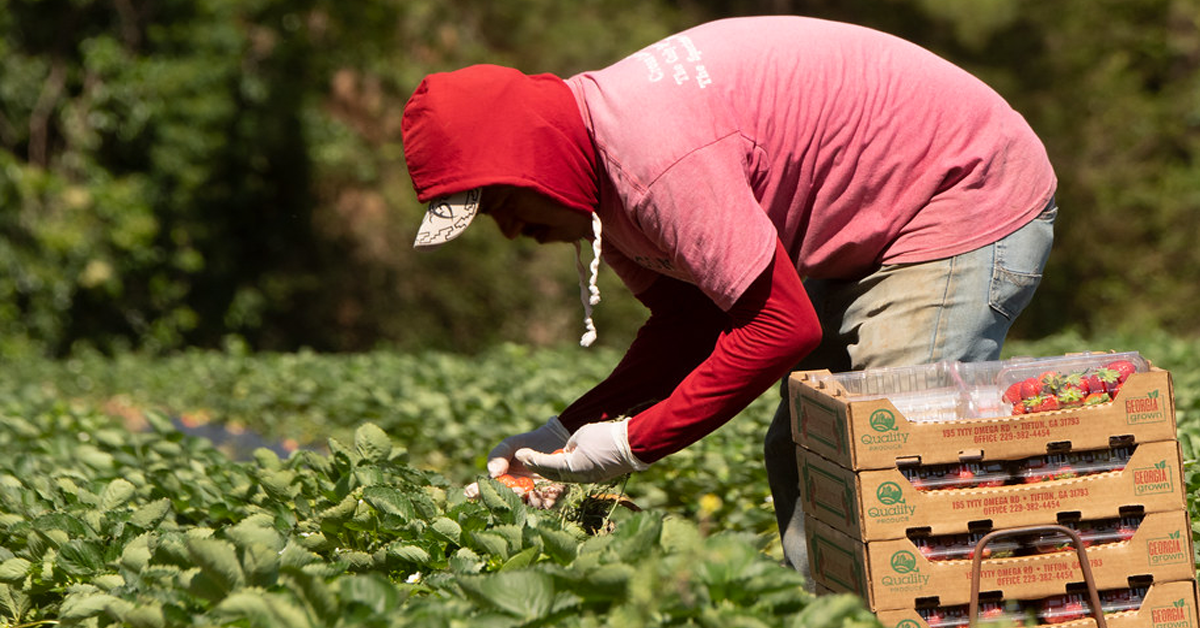The Fresno County Board of Supervisors announced a series of contracts with several community based organizations designed to combat the spread of COVID-19, with a particular emphasis on underserved and disadvantaged communities.
Fresno County is partnering with the Fresno Economic Opportunities – one of the largest nonprofit organizations in the country – to oversee the contracts, which have been approved for 17 community based organizations.
Emilia Reyes, Fresno EOC CEO, said the contracts – which total about $5.5 million – will help bridge the gap in the African-American, immigrant and refugee communities.
“The COVID pandemic has hit our most disadvantaged communities the hardest,” Reyes said. “This partnership with the county and our 17 CBOs is a step in the right direction towards providing our community the education and resources needed to prevent furthering the spread.”
Through these agreements, the county will be able to fund an additional 300 contact tracers.
Reyes said many contact tracers have already been working with some of the community based organizations but have not received any pay.
Since the contact tracers will now receive compensation, Reyes said the community based organizations will be able to enhance their current services with the contact tracers to increase the number of people that they can reach.
“Our main focus can be summed up in three key components: education, contact tracing and support services for the case management for all those pieces of information that the people may be missing,” said Supervisor Brian Pacheco.
Pacheco said the organizations will deploy community health workers to reach the most vulnerable members of the community to educate vulnerable populations about where testing sites are located, how to prevent transmission and how to keep their families safe if they are required to isolate or quarantine.
Some of the community based organizations involved in this deal include Fresno Building Healthy Communities, Fresno Metro Black Chamber of Commerce, West Fresno Family Resource Center and the Central Valley Health Policy Institute.
Reaching on an agreement with the nonprofits – a difficult feat given the price tag – had an additional hurdle: a back-and-forth with Asm. Joaquin Arambula (D–Fresno).
An aggressive push by the doctor-turned-legislator forced Fresno County officials to reassess two sets of contracts, one set for Building Healthy Communities and another for Fresno County EOC.
Building Healthy Communities was slated to receive a lion’s share of the $5.5 million appropriation.
However, as Fresno County officials reviewed contract details, it became clear the nonprofit did not have the necessary capacity and internal controls necessary to directly oversee the program while complying with Federal requirements.
EOC became the natural successor to manage the entire project with nonprofits as subcontractors.
The contracts are funded by the CARES Act, and the county has received $98 million from the federal government. County Administrative Officer Jean Rousseau said the county has spent about $50 million of its CARES Act funds.
“When we first got it, we thought it would be plenty to address the pandemic,” Rousseau said. “The reality is the county is the first responder to the pandemic. Our public health department has directed probably over 100 of their 400 plus employees to the pandemic response, so we have to be very efficient and deliberate in how we spend the money.”










